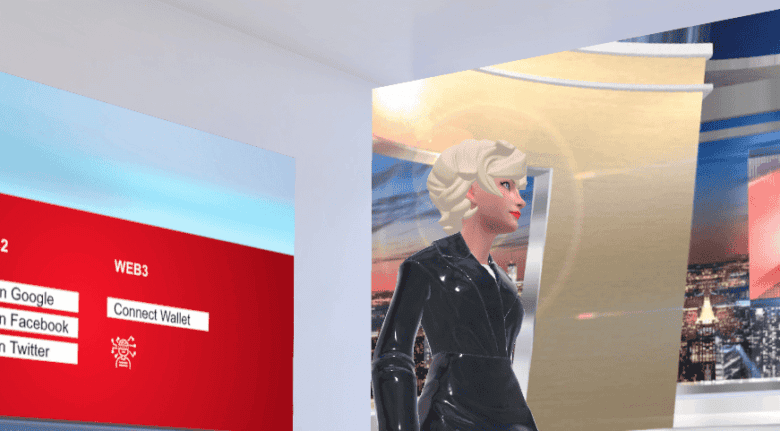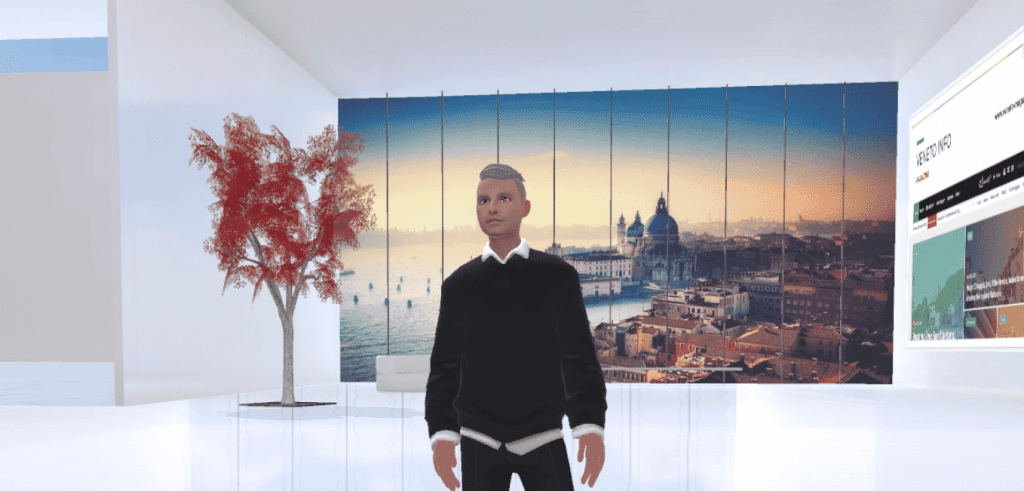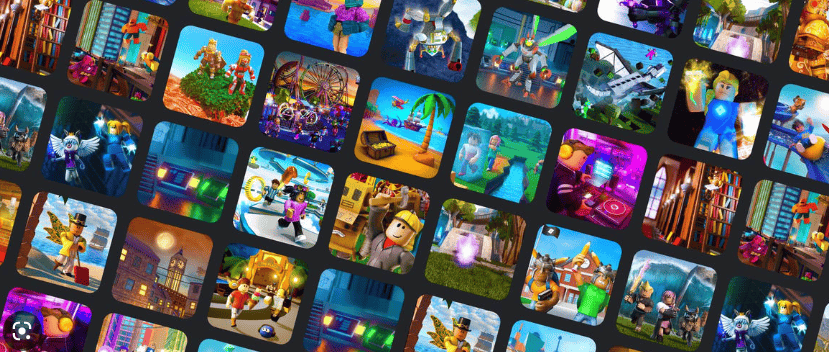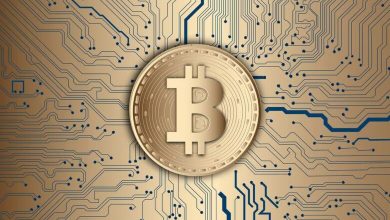
Metaverse Made Simple: From Gaming to Work and Education
Metaverse: What does it mean?
The term comes from the combination of “meta” (meaning “beyond”) and “universe.” It describes a shared digital space that goes beyond physical reality—a kind of virtual universe where people can interact, create, and explore using digital avatars.
The metaverse is a network of interconnected virtual spaces where people can meet, work, learn, or simply enjoy themselves. Think of it as the next stage of the internet – a space where real life blends with digital environments, and where you can interact through your digital persona: your avatar.
Although still under development, its parts are already being used today by companies and individuals alike, from employee training using VR and AR to immersive conferences and online events. The gaming industry is a key driver of the metaverse, offering new digital worlds where players from around the globe connect and create.

Why is the Metaverse Revolutionary?
Education is one of the most promising areas. Imagine learning about Ancient Rome not from a textbook, but by walking through a digital Colosseum among gladiators. This interactive approach can be much more memorable and engaging.
The metaverse also enables new forms of social interaction. People who can’t attend events in person – due to location, health, or other reasons – can take part in concerts, exhibitions, or lectures in virtual form.
Where Did the Word Come From?
The term metaverse was first coined in the 1992 sci-fi novel Snow Crash by Neal Stephenson. The book depicted a future where people lived a “second life” in a virtual reality. Many of Stephenson’s ideas – such as digital currencies, social networks, and the power of AI – were astonishingly predictive.

Types by Purpose
Different platforms focus on different goals:
- Gaming: e.g., Roblox, Sandbox, Spatial – focused on play, community, and creative competition.
- Social: virtual clubs, lounges, or hangouts.
- Educational and Training: virtual classrooms, simulations, and learning tools.
- Cultural and Entertainment: virtual concerts, festivals, or exhibitions.
- Workspaces: remote collaboration in virtual offices.
- Virtual Tourism: digital visits to real-world landmarks.
- Mixed Reality: blending VR and AR to enable digital objects to interact with the real world (e.g., museum exhibits, industrial data visualisation).

Commerce and Services
Brands are exploring new business models in these spaces, including:
- Virtual boutiques and shops
- Digital fashion and avatar accessories (often as NFTs)
- Virtual fashion shows and product launches
Because it’s globally accessible, companies can reach customers without physical stores.
Main Stakeholders in the Metaverse
- Developers and creators build and design the platforms.
- Users – explore, interact, and power the in-world economy.
- Companies and brands offer products and services.
- Educational institutions – use it for teaching and training.
- Investors – fund development.
- Regulators – ensure legal, social, and ethical oversight.
The future of the metaverse depends on all these players working together.

Technologies Behind It: VR, AR, MR
- VR (Virtual Reality): fully immersive digital environments via headsets.
- AR (Augmented Reality): overlays digital content on the real world (e.g., phones or glasses).
- MR (Mixed Reality): combines both approaches to allow digital content to interact with real surroundings.
How to Get Started
It might seem abstract, but getting started is easier than you think:
- Explore different platforms – Each one offers something unique (e.g., Roblox, Decentraland, Spatial).
- Get the right hardware – For full immersion, use a VR headset or XR glasses.
- Create your profile and avatar – Customise your digital self and start exploring.
- Jump in and explore – Play, learn, attend events, or just meet people.
- Respect the platform’s rules – Every metaverse has its community guidelines.
- Stay updated – Things evolve quickly. Keep learning and discovering.
What Lies Ahead?
While still in its early phase, the metaverse holds enormous potential. It could transform how we work, learn, and socialise. At the same time, it raises critical questions about data privacy, digital well-being, and ethical standards.
Whether it becomes our new digital home or simply another online space, one thing is clear – we’ll be hearing much more about the metaverse in the years to come.
